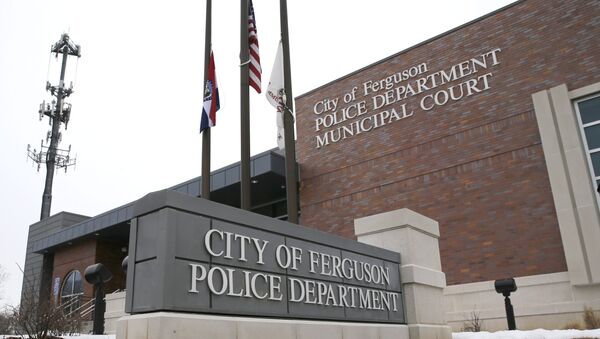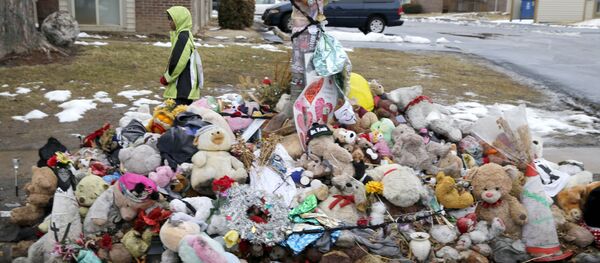Tensions between police and the primarily African-American community in the US city of Ferguson, Missouri, escalated last year after a grand jury chose not to indict Darren Wilson, a white police officer, after he shot dead an unarmed black teenager, Michael Brown, in August 2014. The grand jury's decision prompted protests around the country.
"We have systemic problems. That unrest that you saw in Ferguson on August 9 was a direct collation of political and economical pressure that had occurred for too long for indigent people in that area, and they were upset, they were tired of it. And so yeah, Michael Brown’s death was just a boiling point of what those individuals were feeling for far too long," Nasheed asserted.
The Senator stressed, however, that the city of Ferguson has seen some significant changes within the last year, such as the municipal court reform in the state of Missouri, where is no longer possible to "lock individuals up simply because they cannot pay a fine."
Nasheed also pointed out that the city revitalized the area burnt down during the protests, which is now called Urban League Center.
Moreover, the Senator pointed out that Ferguson got a new African American police chief, as well as two African-American councilmen and African-American city manager.
"We’re making great strives, but we have a long way to go," she concluded.
The United States has seen multiple protests prompted by high-profile and well-documented cases of police brutality over the past year.
In recent months, the US Department of Justice has launched numerous probes into incidents of police brutality mostly against African-Americans in Baltimore, Ferguson and most recently, Charleston.
Over the past year, US President Barack Obama has launched several policy initiatives in the wake of renewed calls for increased education to counter racial bias. The initiatives include investing in police body-worn cameras for US law enforcement agencies around the country and a plan for addressing segregation in US neighborhoods.




